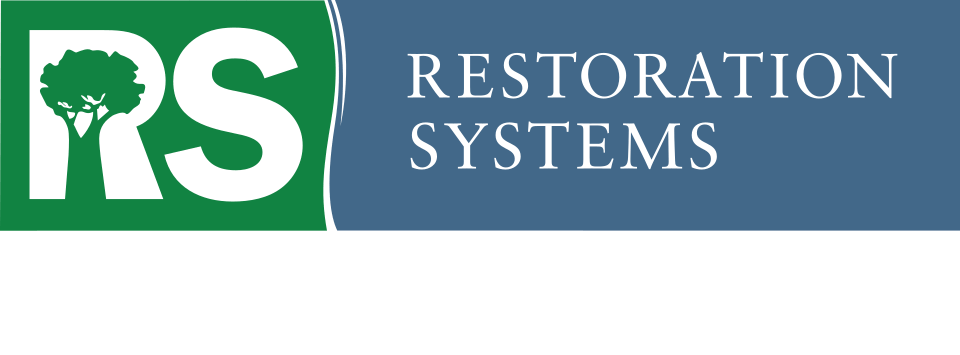Interesting report today concerning wetlands in the Great Lakes area from the National Wildlife Federation. On the whole, I think the authors did a commendable job for folks that want to bone up on the status of the 404 and 401 wetland permitting programs in these states. But I found a couple of things that bugged me a bit from the perspective of a mitigation banker — and a citizen.
Click logo for the report
First, they continue to harp on the Ohio Environmental Protection Agency’s flawed study a few years back (p.66) indicating ecological short-comings in a sample of mitigation banks. I have always maintained this study supports my contention that non-profit efforts to restore wetlands – banked or non-banked – tend to do poorly.
If I remember correctly 7 of 9 of the sites studied in Ohio were non-profit efforts. In other words, the sponsor did not have a personal financial stake in the ecological outcome of the restored wetlands. I consider most of the benefits of mitigation banking – not all, but most — to be derived when the bank is a for-profit activity for which the sponsor will be held personally and financially accountable. The motivation (financial reward for properly restoring a wetland) is more important than the method (banking, off-site consolidated, etc.) We need to move away from wetland restoration as the province of part-timers and do-gooders 9god bless tham all) and toward a system of professionals personally invested in the outcome of the restoration effort.
Second, the authors do not stress large-scale agricutural restoration as public policy moving forward. They go into exhaustive detail concerning the permitting of wetland losses, but short change the potential to restore those areas once considered “lost.”
This is a subject you will hear more from me on. Academics and wetland advocates tend to fight only the last war – protecting wetlands – when additional and incremental efforts would be more effectively focused on the next war: Restoring the millions of acres ditched and drained for agriculture during the orgy of government funded wetland draining of the 20th century. Restoring wetlands is not as politically saleable as the pained cries to “Save” the “fragile” acres here and there. The wetland protection industry of NGO’s and government bureaucracy depend on the boogey man of development to drive interest and support — rather than taking responsibility for reversing the course of failed public policies.
Dramatic gains for water, or any gain at all for that matter, cannot come from lowering the wetland loss in Ohio from 300 acres to 200 a year. (Or whatever the figures are). Worthwhile gains (the kind we owe children) will only come from stopping the subsidy of farming in formerly drained wetlands — and paying for their restoration.

This figure is not from the NWF report, but it helps illustrate my 2nd point.


